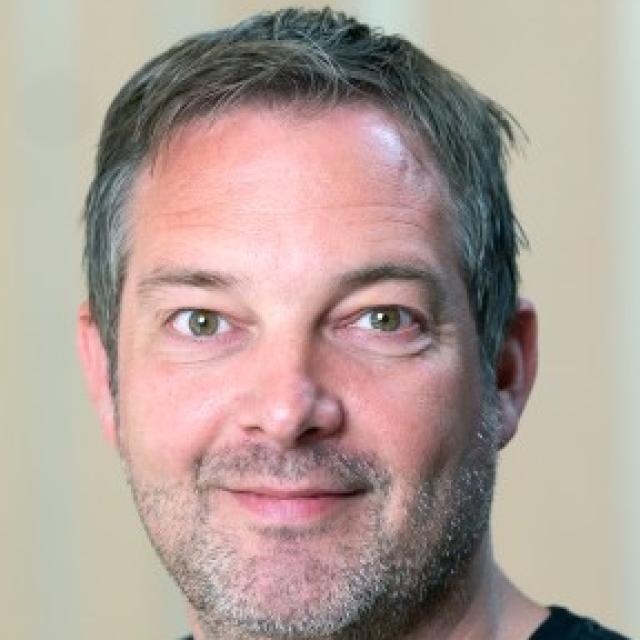
Harm van Beek was recently appointed professor of Digital Forensics (digital forensic research) at the OU Faculty of Science, in collaboration with the Netherlands Forensic Institute (NFI). There is a need for a scientific basis to be able to search the proliferation of digital traces and to use relevant traces in a well-substantiated manner as evidence in court.
Society is digitizing. Investigative services notice this in their cases, in which they encounter large amounts of digital evidence every day. E-mails, chat messages, photos and camera images, for example, can provide crucial evidence in court cases and thus contribute to the fight against subversive crime. The law sets strict requirements for how this evidence is collected and used, and it is carefully reviewed by prosecutors, judges and defense attorneys.
To properly understand digital traces, it is important to know how apps and (mobile) devices work and what the consequences are of their use. Because everyone almost continuously leaves digital traces, large amounts of traces can be found in every criminal case. But how do you find that one relevant email? This is increasingly automated, including by using artificially intelligent algorithms. These methods and techniques must meet the strict requirements of criminal law.
Special chair in Digital Forensics
The special chair in Digital Forensics focuses on research into methods and techniques that can be used to (automatically) obtain and interpret digital traces for the purpose of investigation and evidence in legal cases. The research of the chair lies at the interface of (criminal) law, computer science and information science. Harm: ‘You have the legal and the technical reality. They do not always correspond. It is precisely where there is no overlap that challenges lie.’ The appointment will take effect on 1 September 2024.
Collaboration Open University and NFI
By setting up this chair and recruiting a PhD candidate associated with the chair, the NFI and the Faculties of Science and Law of the Open University want to join forces. By improving the (substantiation of) applied forensic science, we contribute to the investigation and evidence together with digital forensic researchers from the NFI. Harm: ‘By working with both technicians and lawyers on digital forensic issues, we can lay an even better foundation for digital forensic investigation in criminal cases.’
The NFI is an international knowledge and expertise center for forensic research. The institute has almost forty different forensic expertise areas under one roof. Through forensic research, the transfer of knowledge and through innovation, the NFI contributes to investigation and truth-finding in criminal investigations, both nationally and internationally.
About Harm van Beek
Dr. Harm van Beek (1975, Westerhoven), studied technical computer science at Eindhoven University of Technology and obtained his PhD from the same university in 2005 with the thesis ‘Specification and Analysis of Internet Applications’. During his studies, he founded the ICT company ISAAC together with two fellow students. In 2009 he switched to the Dutch Forensic Institute, where he was one of the founders of the Hansken research platform. Hansken helps investigative services to quickly and efficiently search digital evidence – for example from computers and smartphones.
Harm combines his professorship with his position as a senior digital forensic researcher at the NFI.